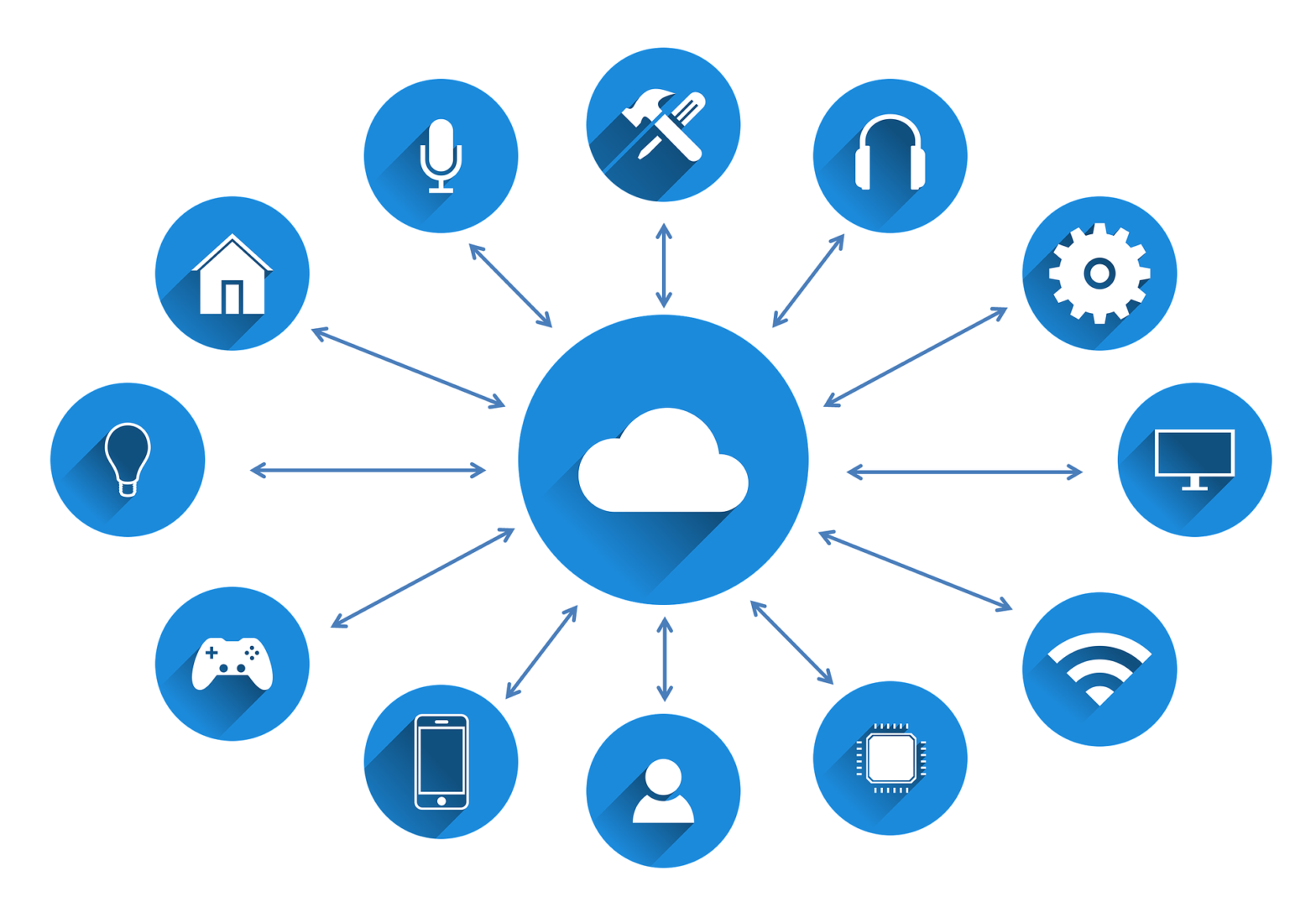Businesses have many choices when they think of what is cloud computing used for?
Software as a Service
This is a common usage and covers the use of software via a web browser served from the cloud.
Typical examples are Office365 for desktop type services (word processing, spreadsheets, messaging, email, etc).
Cloud Hosting
Enables a business to buy virtual server space in the cloud for running solutions from web servers to email servers to CRMs to backup storage.
Cloud Storage
Everyone now carries a large number of devices from laptops to tablets to phones and then also the plethora of sensing devices around us in the ‘internet of things’. All of these generate data that needs analysing, presenting, reporting.
The cloud storage usage gives flexibility, reliability, synchronicity and consistency of data across your devices through this scalable storage approach.
Cloud Backup
A very close cousin to Cloud Storage. CLoud Backup is primarily used as a second copy to ensure data on primary devices or cloud storage is secure and recoverable.
Compliance to Standards
Keeping up with the latest security and monitoring or management standards to keep your business infrastructure secure can be a total nightmare for a business whose core function is not IT.
Utilising cloud computing in its guise of SaaS, cloud storage or several other configurations ensure that the cloud service provider is focussed on compliance and optimisation meaning your business is covered.
Reduced Total Cost of Ownership
Particularly driven by the fact htat when you use cloud services you immediately take away the hassle of hardware costs and the depreciation over time, the maintenance costs and the operationl management costs.
All of which means that cloud computing can be a significant cost reducer for the business over time, leading to a more profitable and reliable company based on new virtualised infrastructure.
